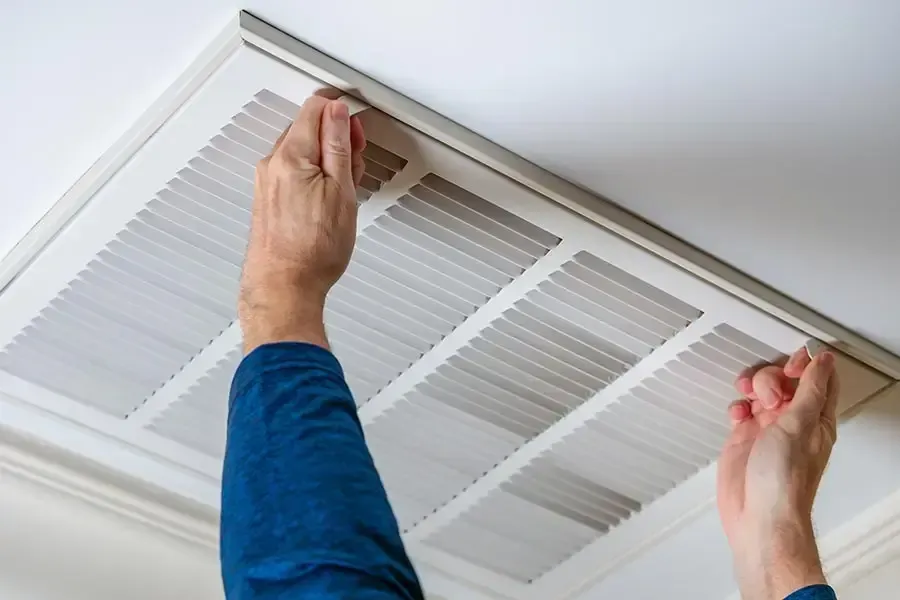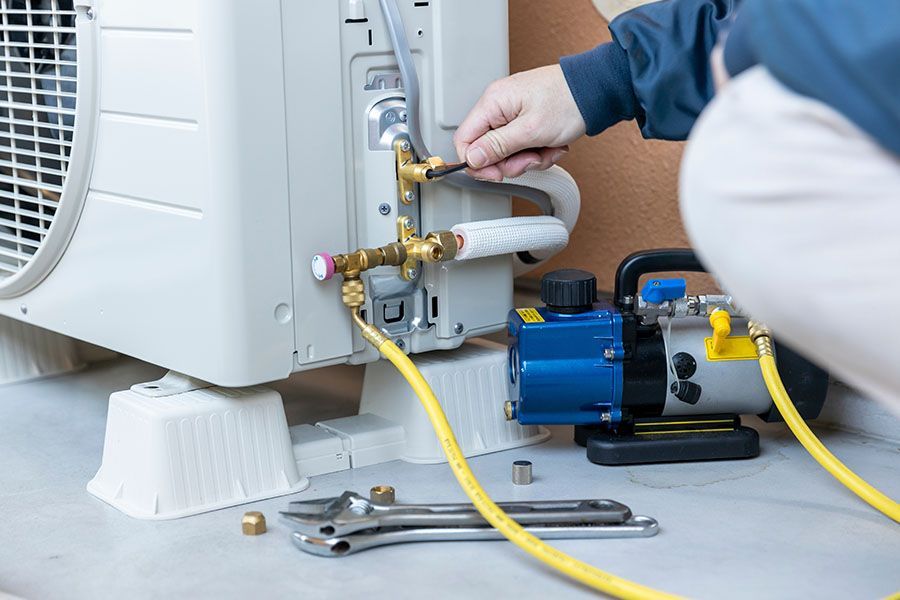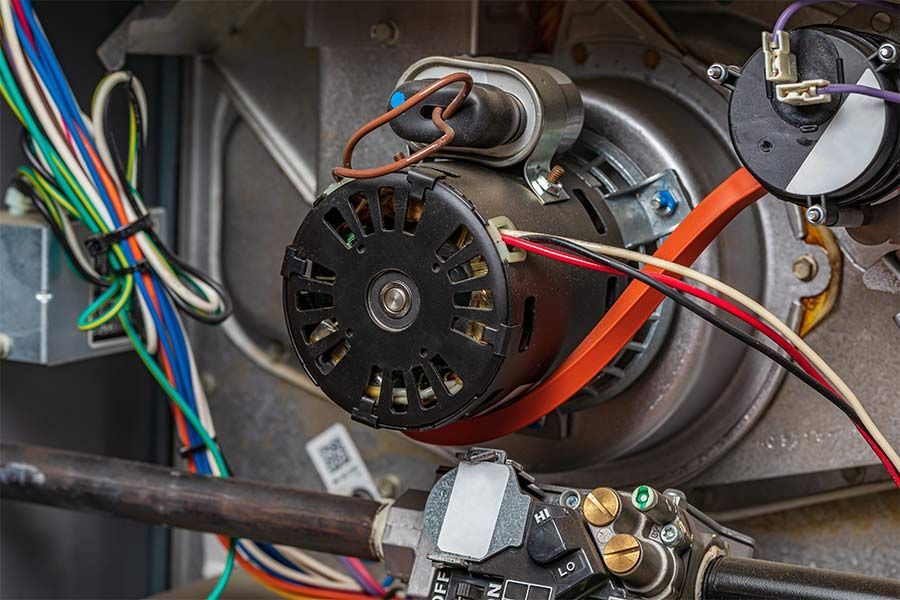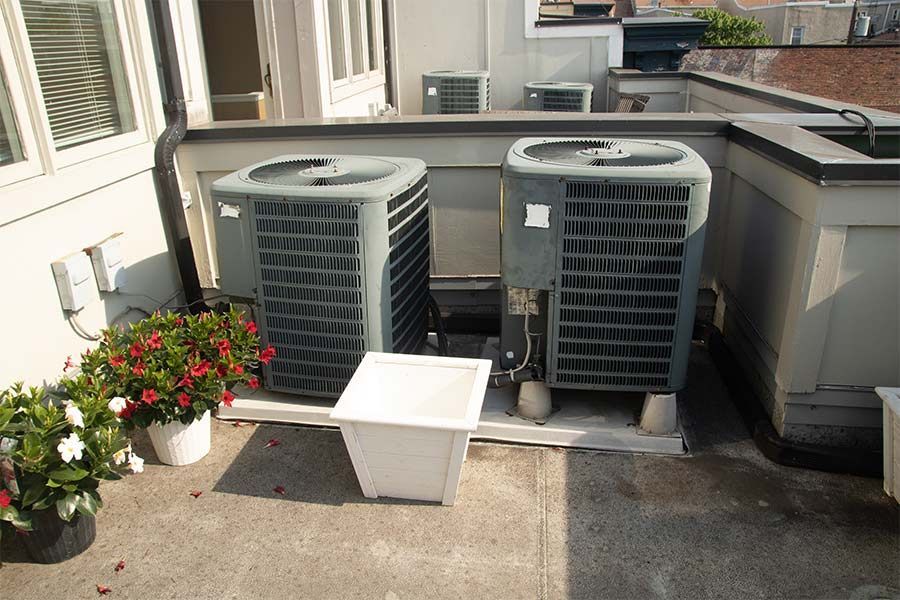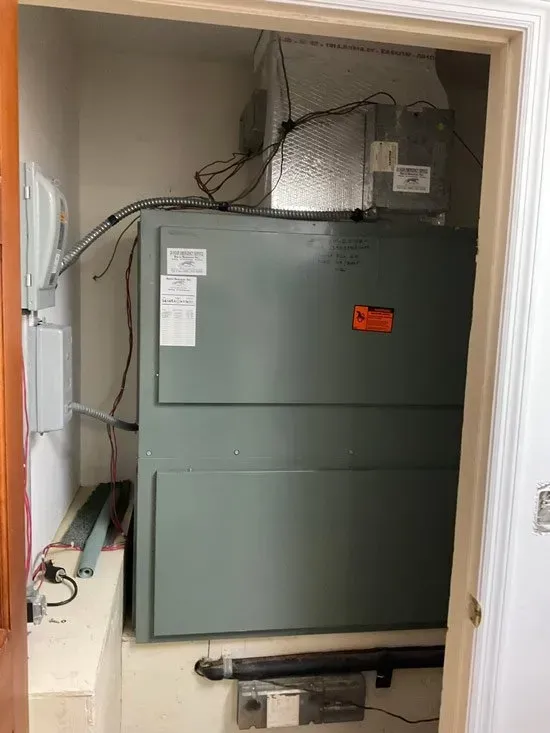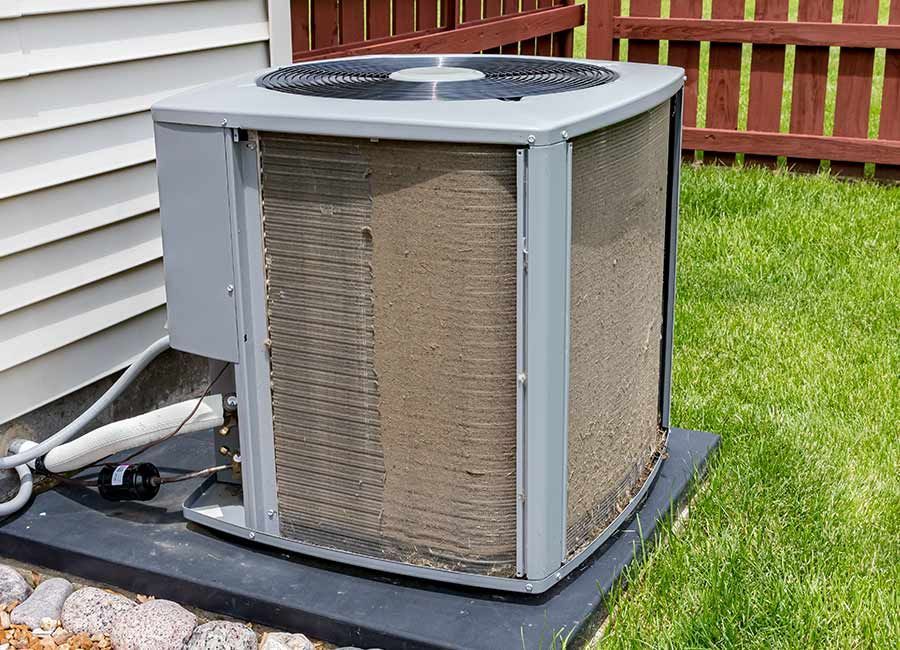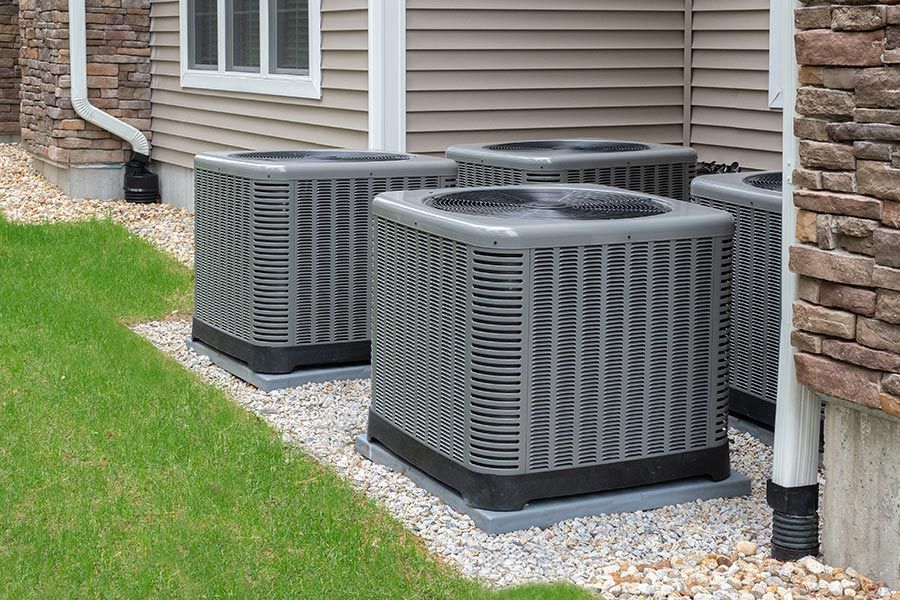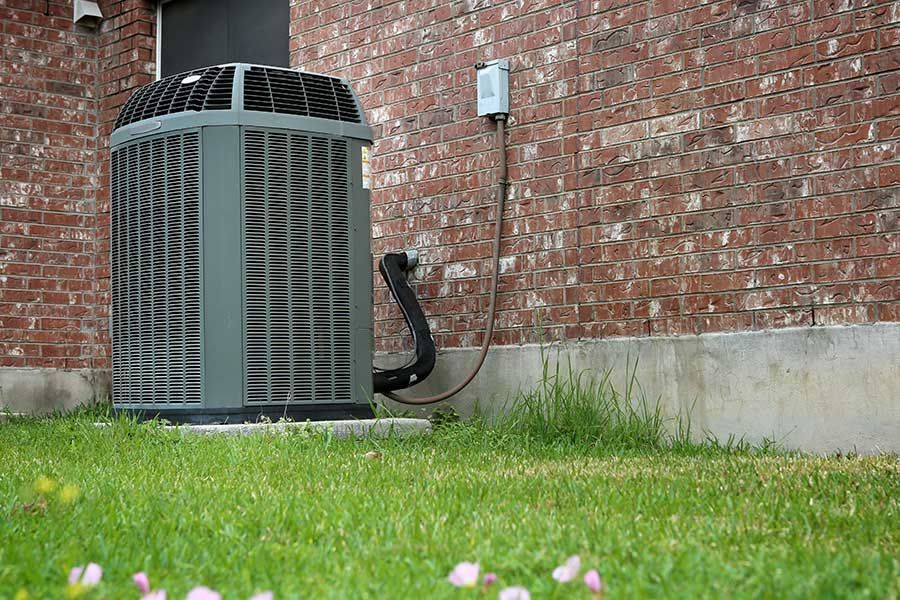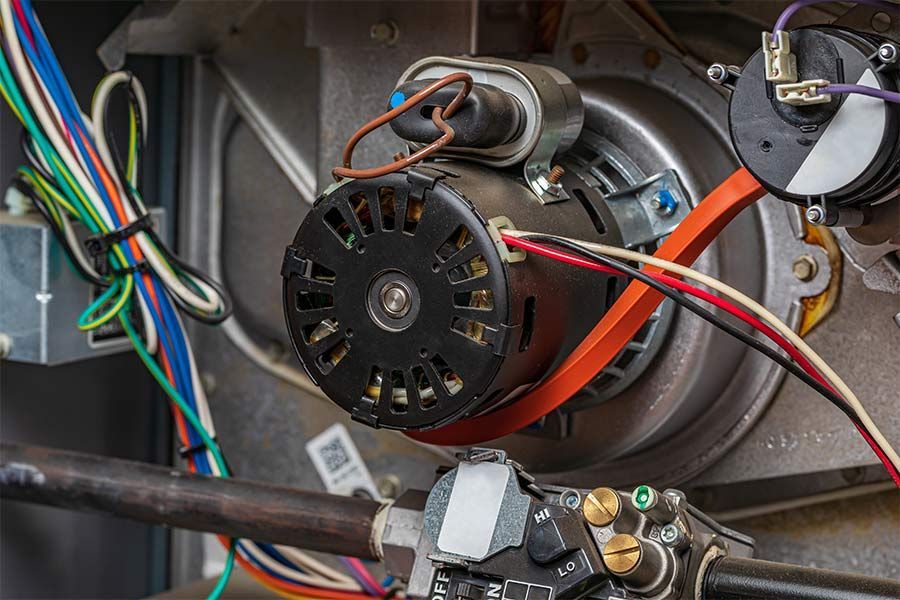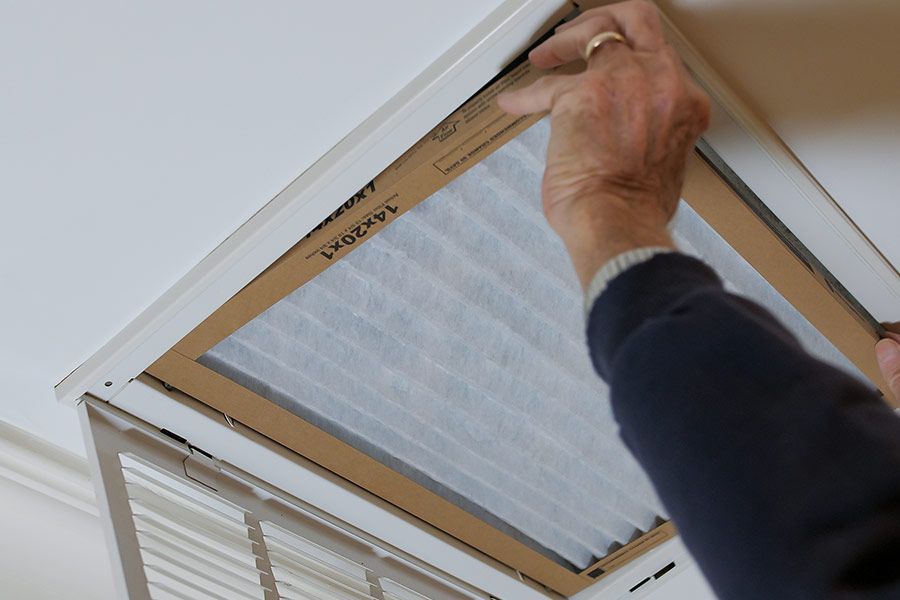The Ultimate Guide to Hassle-Free Air Conditioning Installation in Your Neighborhood
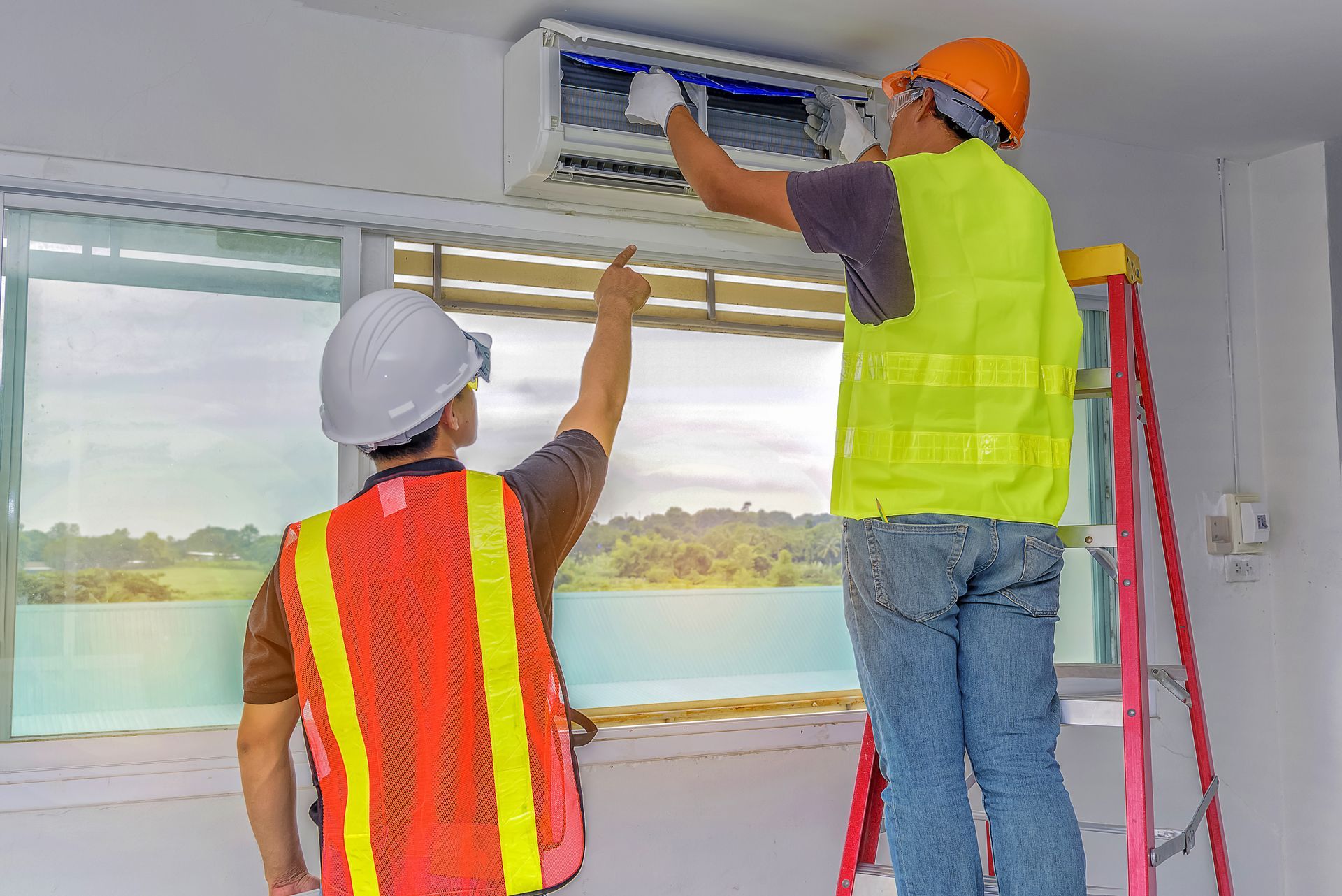
Installing an air conditioning system is a significant home improvement project that requires careful planning and attention to detail. As summer temperatures climb, the comfort of your home depends heavily on a well-functioning air conditioner. Whether replacing an old unit or installing a new system, the right approach can make the difference between an efficient, cost-effective installation and a problematic one that could lead to increased expenses and headaches. This guide provides all the steps and considerations to ensure your air conditioning installation is smooth, from selecting the right unit to maintaining it for optimal performance.
The key to a successful air conditioning installation lies in understanding the various factors involved, including choosing the right size and type of unit, finding a reputable contractor, and knowing the costs associated with installation. This comprehensive guide can help you avoid common pitfalls and ensure your air conditioning system is installed without issues. Proper planning helps achieve better efficiency and comfort and extends your unit's lifespan, making it a wise investment for your home. If you need assistance with your installation, contact us today for expert advice and service.
Choosing the Right Air Conditioning System
Assessing Your Needs
Before deciding on an air conditioning system, evaluate your requirements based on your home's layout, square footage, and your family's cooling needs. Consider the average temperature during summer months in your area, the number of windows in your home, and their orientations. These factors can significantly impact your cooling needs and help determine whether you need a more robust system or a simpler solution.
Exploring Different Types of Systems
Air conditioning systems come in various types, each suited to different needs and home layouts. Central air conditioning systems are ideal for cooling multiple rooms or an entire house, providing a uniform temperature throughout. Window units are a good choice for apartment dwellers or cooling single rooms. Split systems balance efficiency and cost, suitable for small to medium-sized homes. Understanding the features and benefits of each system type will guide you in choosing the one that best fits your home and lifestyle.
Importance of Proper Sizing
Calculating the Correct Size
The size of the air conditioning unit should precisely meet your home's cooling demands. An oversized air conditioner will cycle on and off too frequently, reducing its efficiency and ability to dehumidify the air effectively. On the other hand, an undersized unit will run continuously, increasing wear and tear and energy costs. Professionals use Manual J calculations to determine the optimal size based on various factors, including the home’s square footage, window areas, and insulation levels.
Professional Assessments
Hiring a qualified HVAC technician to assess your home thoroughly is advisable. This assessment includes examining existing ductwork, insulation, window sizes, orientation, and overall home construction. These factors are all used to calculate the precise load requirements to ensure that the AC system selected is perfectly tailored to your home’s unique characteristics.
Energy-Efficient Options
Selecting High-Efficiency Units
Choosing an air conditioning unit with a high SEER (Seasonal Energy Efficiency Ratio) rating is crucial for reducing operational costs and environmental impact. High-efficiency units use advanced technology to reduce electricity consumption while maintaining optimal cooling performance. Understanding
how to determine energy-efficient HVAC systems can guide you in selecting the right unit for your needs. While these high-efficiency units may have a higher initial cost, the long-term savings on energy bills can be substantial and well worth the investment.
Understanding Rebate Programs
Many energy companies and government bodies offer rebates and incentives for homeowners who install energy-efficient air conditioning systems. These rebates can significantly lower the upfront cost of purchasing a high-efficiency unit. Research local rebate programs, understand their requirements, and apply them to maximize your savings. This not only helps your budget but also promotes environmental sustainability.
Installation Process
Choosing the Right Location
The location of your air conditioning unit significantly impacts its efficiency and performance. Ideally, the unit should be placed in a shaded area on the north or east side of the home to avoid direct sunlight, which can cause the unit to overheat and work harder. Ensure adequate clearance around the unit to promote proper airflow and easy maintenance access.
Hiring a Licensed Contractor
Selecting a licensed and experienced contractor ensures the installation is carried out professionally and complies with all local building codes and regulations. Verify the contractor’s credentials, check their references, and review their past work. A skilled contractor will perform a reliable installation and provide valuable advice on the maintenance and operation of your new system.
Cost Considerations
Understanding Installation Costs
The cost of installing an air conditioning system varies based on several factors, including the type of system you choose, the complexity of your home's structure, and local labor rates. Factors like ductwork modification or electrical upgrades can also affect the overall cost. Getting detailed quotes from several contractors to compare prices and services is important.
Planning Your Budget
hen planning your budget, consider all potential costs, not just the installation. This includes future maintenance expenses, potential repairs, and the expected increase in your monthly energy bills. Setting aside a contingency fund for unexpected costs during the installation can also prevent financial stress. Additionally, exploring financing options can help make the installation process more affordable and manageable. Proper budget planning ensures that the project remains financially manageable from start to finish.
Maintenance and Troubleshooting
Regular Maintenance
Regular maintenance is crucial for the longevity and efficiency of your air conditioning system. This includes routine checks like replacing air filters every one to three months, cleaning the condenser coils annually, and ensuring the drainage system is not blocked. Scheduled maintenance can prevent minor issues from turning into major problems, saving on costly repairs.
Common Troubleshooting
Familiarize yourself with common air conditioner problems such as leaks, strange noises, or inconsistent cooling. Knowing how to troubleshoot these issues can help you quickly resolve them or determine when to call a professional. Regular troubleshooting helps maintain optimal performance and extends the lifespan of your air conditioning system.
Final Thoughts
By carefully planning and executing each step of your air conditioning installation, you can enjoy a comfortable and cool environment in your home. This guide provides all the necessary information to ensure your installation is hassle-free and your system operates efficiently. Choosing the right company near you for the installation process is crucial to guarantee a smooth experience and long-lasting results. Remember, a well-installed and maintained air conditioning system improves the comfort of your home and increases its value. Moreover, the right air conditioning system can significantly reduce energy consumption, lower utility bills, and create a smaller carbon footprint. Embrace the process and make informed decisions based on the guidance to achieve the best results. A proactive approach to air conditioning installation will serve you well for many years, making it a worthwhile investment in your overall quality of life.
Frequently Asked Questions
How do I know what size air conditioner I need for my home?
The correct size of your air conditioner depends on several factors, including the square footage of your home, ceiling height, window size and orientation, insulation quality, and your local climate. It's best to have a professional HVAC technician perform a load calculation using Manual J to determine the most efficient size for your system.
Can I install an air conditioning system myself to save money?
While DIY air conditioning installation is a cost-saving option, it generally requires specialized knowledge and tools. Incorrect installation can lead to inefficiencies, increased energy costs, and potential safety hazards. Hiring a licensed and experienced contractor is recommended to ensure that the installation meets all safety and efficiency standards.
What are the benefits of choosing an energy-efficient air conditioning unit?
Choosing an energy-efficient air conditioning unit helps reduce your environmental impact and lowers your utility bills due to decreased energy consumption. Additionally, many local governments and utility companies offer rebates and incentives for installing energy-efficient systems, which can help offset the initial cost.
How often should I perform maintenance on my air conditioning system?
You should check and replace the air filters every one to three months, clean the condenser and evaporator coils annually, and schedule a professional maintenance check at least once a year. Regular maintenance ensures your system runs efficiently, extends its lifespan, and prevents costly repairs.
What should I do if my air conditioning system isn’t cooling properly?
If your air conditioning system isn't cooling properly, check for common issues like dirty air filters, blocked or leaking ducts, or issues with the thermostat settings. If simple troubleshooting doesn't fix the problem, contact a professional technician to diagnose and repair more complex issues like refrigerant leaks or compressor problems.

